Despite the recent decentralization reforms, citizenship and freedom are still problematic in many Sahel countries. This paper focuses on the topic of citizenship in the Guéra region of central Chad. It opens with a brief history of the region, from its long days as a slave-reservoir for neighbouring Muslim sultanates until colonization by the French at the beginning of the 20th century. It then focuses on the way the French organised the area administratively, facilitating the creation of a local elite through the customary authority system. This arrangement led to the creation of a system in which people could fully enjoy their rights only under the protection of one of the customary authorities recognized by the state. In this process, people previously labelled as the descendants of slaves were able to gain in status and thus become part of the ruling elites. The post-colonial state suffered a long period of instability that preserved and reinforced this system of governance, which was then further strengthened by the recent policies of decentralization. Three cases are presented in order to explain this system of governance and its effects: the stories of David and Abdel, the case of the land around Kuju village and the resettlement of Ibis village. These cases show how local people’s ability to exert their rights depends on the protection of a recognized customary authority. Nowadays, if they are to fully enjoy their rights, Guéra people need to be “citizens of a chief”. The local elites that emerged during the colonial period are still in political control and individuals need to negotiate with them when building their own life projects.
DATI BIBLIOGRAFICI
Autore: Valerio Colosio
Editore: Ledizioni
ISBN: 9788867055159
Collana: Shadows of slavery
Formato: PDF in Open Access
Pagine: 29


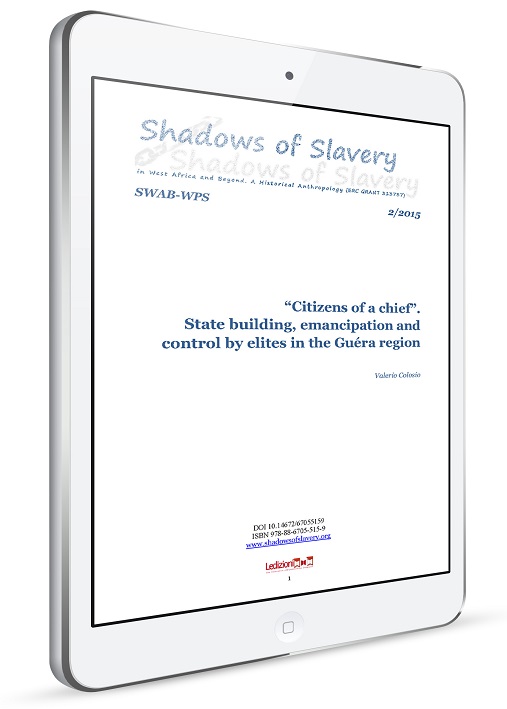
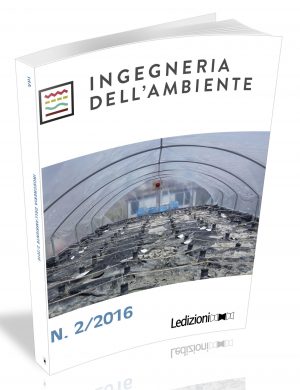
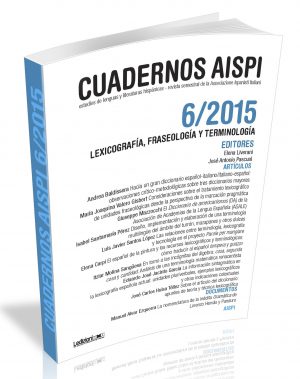




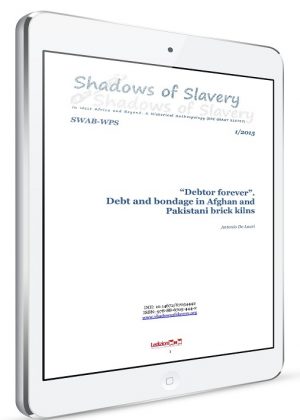
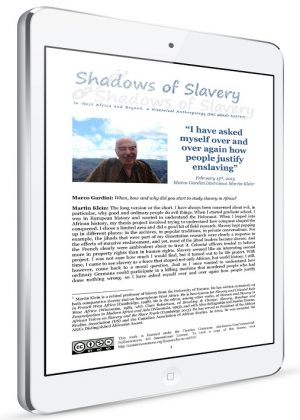
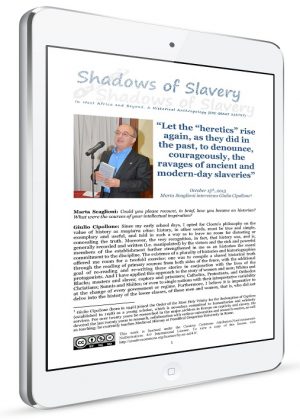

Reviews
There are no reviews yet.